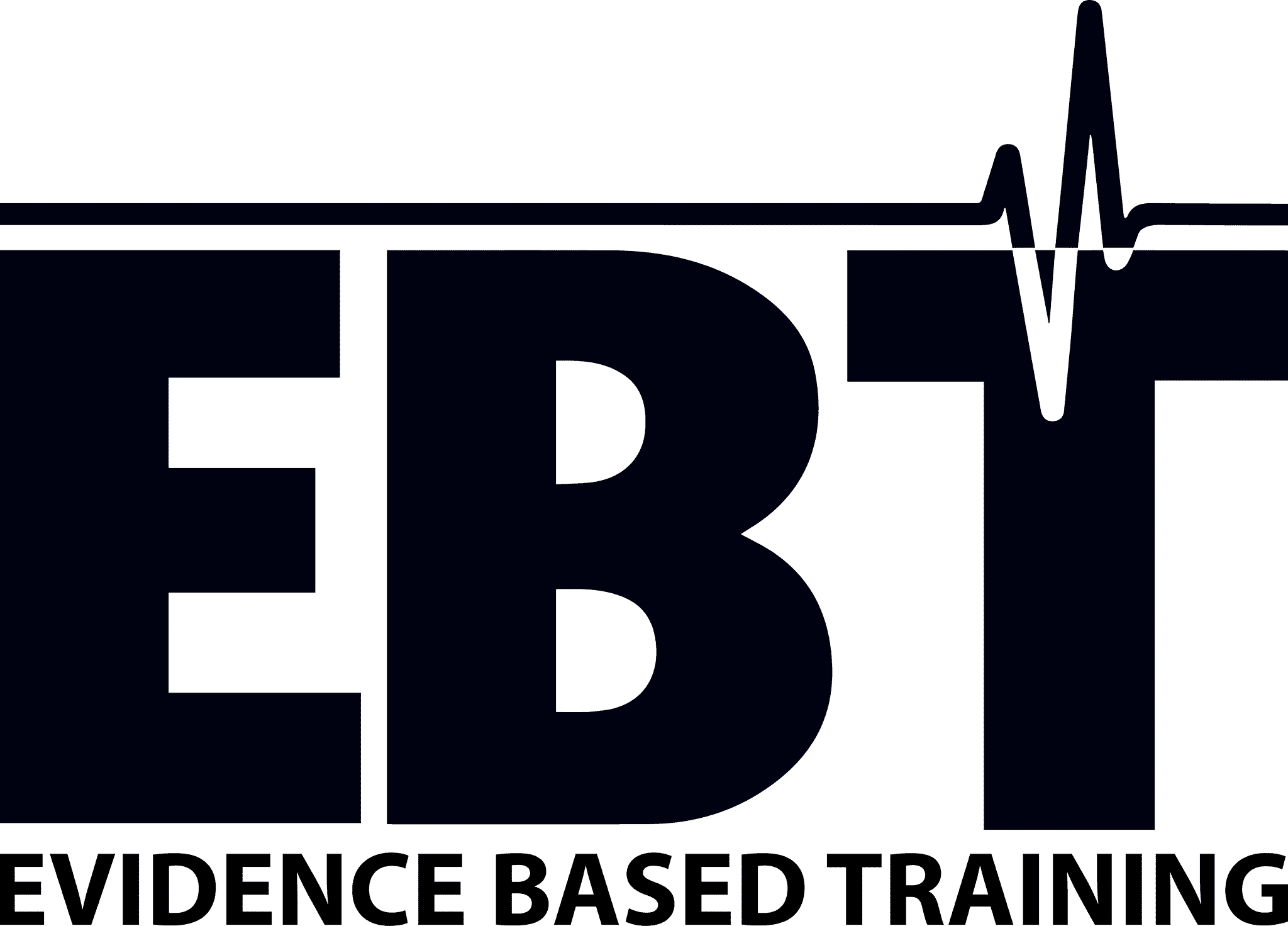One of the premiere strategies for maximizing muscle growth is timing your nutrients properly.
Now to be clear, nutrient timing is just a strategy for maximizing muscle growth. It’s not absolutely needed to build muscle. Research has consistently shown the total amount of nutrients you eat is more important than the actual nitty gritty timing of when those nutrients enter your body (1).
Although the benefits of nutrient timing are small, they most certainly can add up over time.
And in spite of the fact that meatheads make nutrient timing sound overly complicated, it really isn’t.
Science has shown us that it’s actually quite simple. You definitely don’t have to be a bro who wakes up in the middle of the night to drink a protein shake.
Here’s your complete guide to each macronutrient.
When to Eat Fat in the Day
We’ll start with the simplest nutrient: fat. Fat doesn’t have significant timing effects to muscle building.
It doesn’t boost performance even in endurance type of training when taken pre workout (2).
Post workout, it doesn’t really affect much either even though there is a small myth that fat post workout is bad because it interferes with other nutrients.
That is not true as studies show fat does not affect your ability to store carbs (glycogen replenishment) (3). There is also another study showing whole milk is actually more anabolic than fat free milk post workout (4).
However, there is one vital timing strategy with fat to keep in mind. Interestingly, the key to fat timing is not consuming it during your workout. Carbs ingested during your workout can be utilized as fuel, but not fat (5).
So buying keto workout drinks or adding butter into your workout coffee blend is the equivalent of flushing money down the toilet. Long story short, eat fat whenever, but not during your workout.
In addition, it can be theoretically be a good idea to limit fat intake pre-workout, as fats place more stress on our gut. High fiber and high protein foods also tend to place stress on the gut because they are hard to break down.
High gut stress means more blood flowing to your gut for longer. Conversely, exercise means less blood to your gut and more to your muscles. This conflict in blood flow is in theory not optimal.
Also, stomach stress can for some people mean more heart burn and risk of vomiting. (11) Remember though, this is highly individual! One study comparing high fat, high carb and high protein pre-workout meals found no differences in cyclist performance (12).
So, if you have a sensitive stomach, minimize stress on it by avoiding too big meals high in fat, protein and fiber close to your workout. If you need to eat close to your workout, stick to low fat, low fiber, fast absorbing protein meals like for example a ripe banana and a protein shake.
When to Eat Carbs to Gain Muscle
Next is carbohydrates, a crucial nutrient for building a muscular physique. The absolute best time to eat carbs is before your workout. There are also scenarios where having carbs during and after your workouts can be beneficial.
Let’s talk about the most obvious first which is pre-workout carbs. The reason why pre-workout carbs are so important is because they boost your performance, leading to a better pump and more volume completed per workout.
This happens because high volume weight training relies on muscle glycogen as a fuel source. Glycogen is the carbs stored inside your muscle readily available for intense bouts of exercise. Performance drops as muscle glycogen gets low.
So having readily available carbs pre workout ensures you have full glycogen stores as well as additional fuel for your workout (6). On the cell level, full glycogen stores enhances signaling related to the actual growth of muscle as well (7). In performance studies, having carbs before your workout results in either unaltered or usually enhanced performance (8,2).
During your workout is another great time to have carbs for the same reason. If you can maximize glycogen stores, you will maximize performance leading to more muscle growth.
However, this isn’t as important unless the following applies to you:
- You didn’t ingest carbs hours before your workout
- You train well past 1 hour.
While it seems like a good idea to have more carbs during your workouts, research has shown it’s probably not necessary if you already had it pre-workout or only plan on training for about an hour (9).
Also remember that weight training workouts typically don’t deplete an alarming amount of glycogen unless they are significantly high in volume.
As for post workout carbs, the timing isn’t too critical. Your body replenishes glycogen within 24 hours regardless of timing. The only exception is if you train twice a day (9).
To maximize the performance of the second workout, having carbs after your first one to replenish muscle glycogen quickly is crucial, but again most people don’t train twice a day so this might not apply to you.
Long story short, carbs pre workout will maximize your performance. Having carbs during and after your workout is fine, but probably not necessary.
Should I Eat Protein Before or After my Workout?
Now we move onto the king of all muscle building nutrients, protein. Protein will provide the actual building blocks to build the cuts of muscle you want to see on your body.
The timing of it is important as consuming protein spikes muscle protein synthesis rates and lowers protein breakdown. This is just fancy talk for saying protein protects muscle and also helps you build more.
Bodybuilders will imply that you must have protein immediately post workout because this is when your body can take advantage of the so-called anabolic window.
There is some truth to this, but the anabolic window is actually much larger and expands pre workout as well (10).
Scientific research has shown us having protein post workout increases in importance depending on how close our pre-workout meal was.
If you train fasted, having protein after your workout is crucial because of the lack of amino acids available, but if you ate before working out, you still got plenty of building blocks to build new muscle tissue.
Having post workout protein is always a great idea, but becomes less important depending on how recent you had a protein containing meal.
Outside of the pre/post workout window, protein timing isn’t very important.Other protein strategies like pre-bed protein isn’t significant. A recent study controlling for total protein intake and strength training showed similar gains. Still, if you want to theoretically maximize your muscle gains, eating enough protein (1.6-2.2 g per kg) spread across at least 4 meals, with two of those meals eaten within three hours before and after your workout (11).
Summary – Nutrient Timing for Muscle Gain
It’s been ingrained in our heads that timing is everything, but when it comes to nutrients, the current scientific literature has made it clear timing isn’t everything.
Timing your nutrients does have merit, but there’s it’s likely not a massive difference maker.
If you have the basics of total nutrient intake and intelligent training nailed, learning to time your nutrients can truly maximize your results.
Here’s a recap on exactly how to time your nutrients:
- Eat carbs, protein before your workout.
- Eat low fat, low fiber, fast absorbing protein before your workout if you have a sensitive stomach.
- You can eat carbs during your workout if your workouts are particularly long.
- Don’t eat fat during your workout.
- Eat protein after your workout, especially if you train fasted
- Eat carbs after your workout if you plan on training again that same day.
Article by Calvin Huynh
Edited by Artin Entezarjou, M.D.
There is a lot more to nutrition than timing! To optimize nutrition for health and fat loss, check out our ebook Diet Like a Doctor.
For muscle growth, training correctly in the gym matters way more than nutrient timing. To make sure you are doing things right, we have made workout programs for all levels, for both men and women!
If you are an advanced lifter who needs customized workouts every time you go to the gym, check out the A.I. training app Dr Muscle. It’s like a personal trainer in your pocket.
References
- Brad Jon Schoenfeld, et al. “The Effect of Protein Timing on Muscle Strength and Hypertrophy: a Meta-Analysis.” Journal of the International Society of Sports Nutrition, BioMed Central, 3 Dec. 2013.
- Hargreaves, M, et al. “Pre-Exercise Carbohydrate and Fat Ingestion: Effects on Metabolism and Performance.” Current Neurology and Neuroscience Reports., U.S. National Library of Medicine, Jan. 2004
- Burke, L M, et al. “Effect of Coingestion of Fat and Protein with Carbohydrate Feedings on Muscle Glycogen Storage.” Current Neurology and Neuroscience Reports., U.S. National Library of Medicine, June 1995
- Elliot, T A, et al. “Milk Ingestion Stimulates Net Muscle Protein Synthesis Following Resistance Exercise.” Current Neurology and Neuroscience Reports., U.S. National Library of Medicine, Apr. 2006
- Costill, D. L., et al. “Contribution of Medium and Long Chain Triglyceride Intake to Energy Metabolism During Prolonged Exercise.” Endoscopy, Georg Thieme Verlag Stuttgart ·New York, 14 Mar. 2008
- Haff, G G, et al. “Carbohydrate Supplementation and Resistance Training.” Current Neurology and Neuroscience Reports., U.S. National Library of Medicine, Feb. 2003,
- Pim Knuiman, et al. “Glycogen Availability and Skeletal Muscle Adaptations with Endurance and Resistance Exercise.” Nutrition & Metabolism, BioMed Central, 21 Dec. 2015
- Jeukendrup, A E, and S C Killer. “The Myths Surrounding Pre-Exercise Carbohydrate Feeding.” Current Neurology and Neuroscience Reports., U.S. National Library of Medicine
- Chad M. Kerksick, et al. “International Society of Sports Nutrition Position Stand: Nutrient Timing.” Journal of the International Society of Sports Nutrition, BioMed Central, 29 Aug. 2017
- Schoenfeld, B J, and A A Aragon. “Is There a Postworkout Anabolic Window of Opportunity for Nutrient Consumption? Clearing up Controversies.” Current Neurology and Neuroscience Reports., U.S. National Library of Medicine, Dec. 2018,
- Brouns F, Beckers E. Is the gut an athletic organ? Digestion, absorption and exercise. Sports Med. 1993;15(4):242-57.
- Ormsbee MJ, Bach CW, Baur DA. Pre-exercise nutrition: the role of macronutrients, modified starches and supplements on metabolism and endurance performance. Nutrients. 2014;6(5):1782-808.




